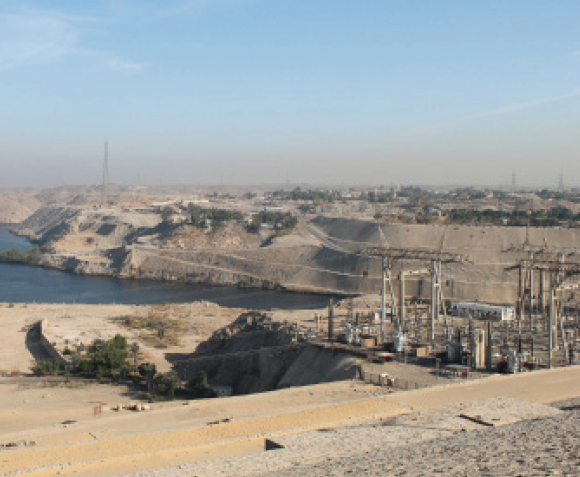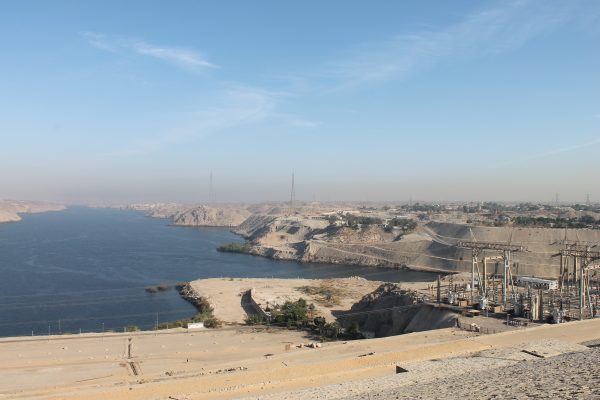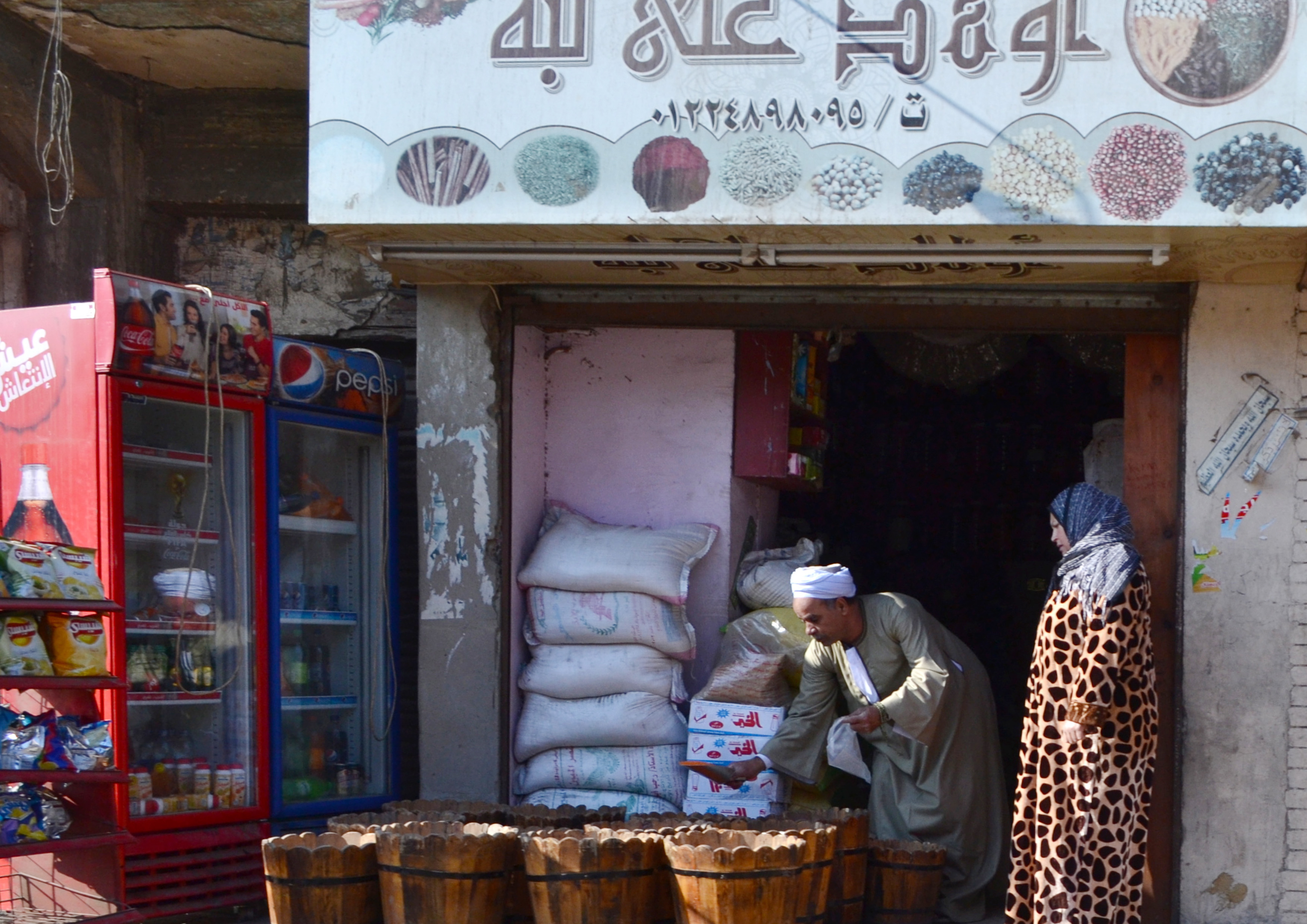Market Report: A Break in Egyptian-Israeli Ties? Gas Company Wins Ruling against Egypt

By: Danah Al Ansari
@DanaaAlAnsari
Concerns over the long-term stability of Egyptian- Israeli ties came to the fore after a ruling awarded Israel monetary compensation from Egypt for a now defunct joint gas project.
The International Centre for Settlement of Investment Disputes (ICSID) ruled that the Ampal-American Israel Corporation (Ampal), an Israeli gas company, is entitled to damages from the Egyptian government.
The February 21 ruling judged as unlawful the Egyptian government’s unilateral termination of a 20- year natural gas deal signed between the two countries in 2005.
The award, however, is only partial and it is expected that it will be released in full early April.
The full decision will determine the damages the Egyptian government will have to pay, which caps at $174 million.
Ampal currently holds a 12 percent stake in the Eastern Mediterranean Gas Company (EMG), which filed the lawsuit with ICSID in 2012 for the unilateral repudiation of the gas deal, as well as the Egyptian government’s responsibility in failing to suppress terrorist attacks on the pipelines.
Throughout, the integrity of the pipelines were jeopardized in a series of systematic attacks during the 2011 uprisings.
“The Egyptian and Israeli relationship is a good one. The alternative is detrimental to the situation in Sinai,” said Professor of Political Science Walid Kazziha.
“The Egyptian-Israeli ties are also crucial in the Egyptian government’s efforts in suppressing terrorist attacks and mobilizing troops in the Sinai area.”
After the cessation of gas exports from Egypt, Ampal’s shares hit an all-time low, leading to accumulated debts of almost $270 million.
The company was forced to liquidate its assets but its bondholders have not yet been compensated.
Previously, EMG had won $325 million in damages from the Egyptian Natural Gas Holding Company and the Egyptian General Petroleum Corporation at the International Chamber of Commerce.
The Israeli Electric Corporation also won a $1.76 billion judgment in the same year.
Egypt appealed both rulings and froze all negotiations over importing Israeli gas.
The government, however, cannot appeal the current ICSID decision.
“Under the Bilateral Investment Treaty (BIT), Egyptian shareholders will have the right to seize Egyptian assets abroad, if the government fails to comply,” a senior partner at EMG told The Caravan on the basis of anonymity because he is not authorized to speak to the press.
Whether Egypt mends the bridges it has built with Israel and concedes to the Ampal case ruling is yet to be determined especially now with its regional and international roles reaching a critical point.
Although the government has not yet formally responded, it is expected that they will negotiate a settlement at a reduced cost, he added.
“The government will wait for the award and then engage in further discussions and negotiations to expedite the matter,” he told The Caravan.
Failure to compensate for the damages would harm the country’s international standing, and could possibly sever its economic ties to Israel.
Kazziha agreed that strengthening the relationship between the two parties is the main target if Egypt is to maintain its strategic interests in the Middle East.
“The question whether Egypt can pay or not is nonnegotiable. Egypt has to pay, if the amount is too high, they agree on installments. I think these are decisions by international courts,” he said.
The exact terms of the contract have not been made public, including provisions regarding disagreement over the sum of damages.
“If [Egypt] doesn’t pay, there will be penalties which will increase the sum. Usually, in such situations the two sides negotiate in order to reach compromise,” said Kazziha.
“We respect any decision that has been made by an international court,” Member of the Foreign Relations Committee in the Parliament Hassan Hassanein told The Caravan.
“Conflicts regarding international agreements are frequent, but very rarely do these actually cause significant strain on international relations.”



